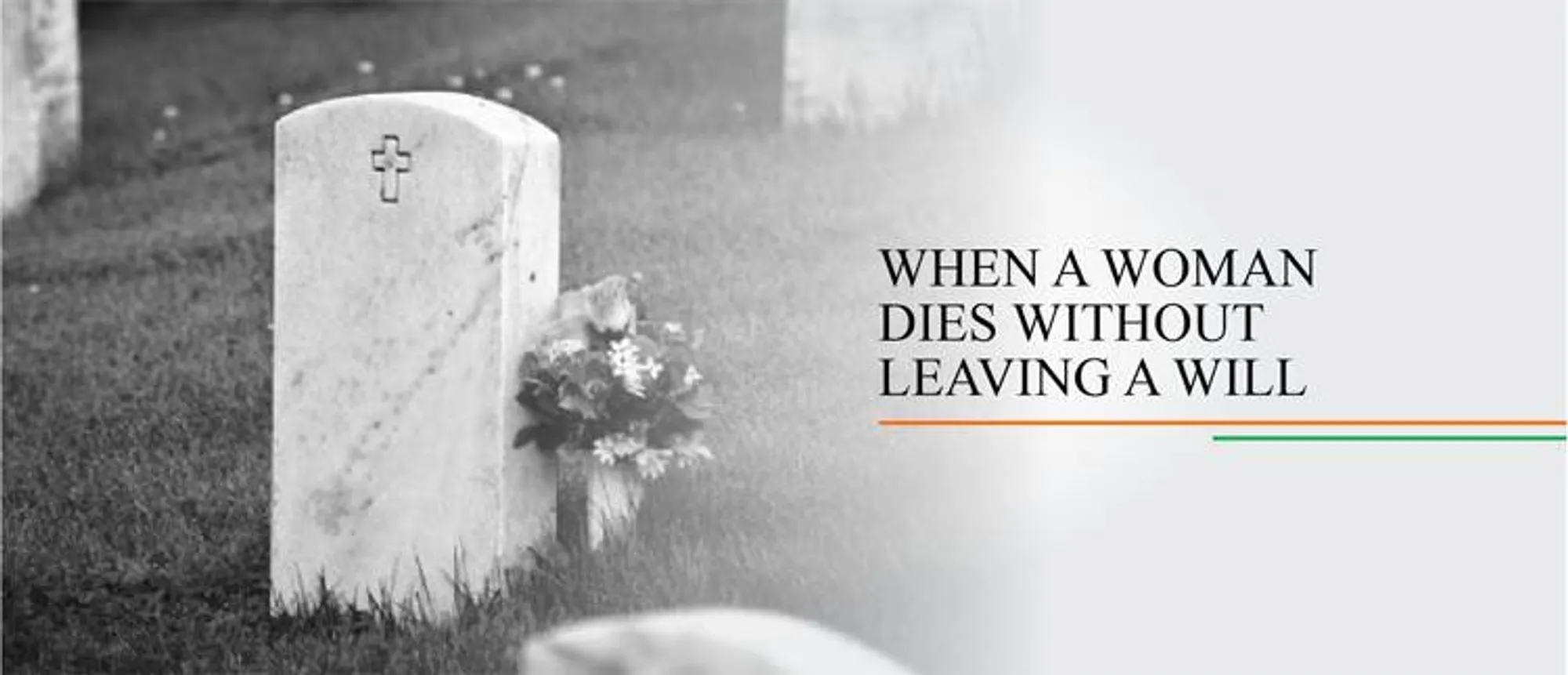The patriarchal roots have dug deep into the minds of the legislators in India, and section 15 and 16 of the Hindu Succession Act, 1956 is a testimony to that thought process. The socio-economic changes have positioned women in a position at par with men, but the patriarchy infested sections are still to evolve. The general rules of succession are described in section 15 of Hindu Succession Act and has specified the manner in which the property of a female should be inherited if she dies intestate. The property of the woman who has died intestate is aimed at returning it back to the source.
In case of a Hindu Female
The property of a Hindu female under the Hindu Succession Act has been divided into three categories, viz. property inherited by a female from her father or mother, property inherited from her husband or father-in-law and the third kind, the properties which are not governed by the first two categories.
Under sec 15 read along with sec 16 of the Hindu Succession Act, the general rule for the succession of all classes of the properties is that it will pass on to the children (or if children predeceased the female, to the predeceased children’s children) and the husband. However, in case there is no one in existence from the above at the time when succession opens, the first kind of property will be inherited by the heirs of her father and the second by the heirs of her husband.
If the property is self-acquired then, it shall divest according to Section 15(1) of Hindu Succession Act. The specific order would begin from the sons and daughters and the husband. Then, it would go on to the heirs of the husband, subsequently to the parents of the female and the heirs of the father. And, lastly upon the heirs of the father.
The 207th Law Commission Report also addresses the issue further. The legislators when drafting the section were unable to fathom a situation of self-acquired property for a female. Hence, the lacunae in the law. There are a plethora of judgements by the Supreme Court regarding the notion of gender inequality in the current situation. But there has been certain development in this regard when females were allowed to become a coparcener and a Karta of a Hindu undivided family. Hence, we can applaud the judiciary for the recent judgements, but we have a long way to go to promote gender inequality.
Judgements
Lachman Singh vs Kirpa Singh & Others (1987 AIR 1616)- Supreme Court affirmed the legislative intent of section 15 and 16 of Hindu Succession Act, section 15 of the Act arises for consideration only when a female Hindu dies without leaving behind a will and without leaving behind her any son or daughter (including the children of any predeceased son or daughter) and in that event any property inherited by her from her father or mother shall devolve not upon the other heirs referred to in sub-section (1) of section 15 of the Act in the order specified therein but upon the heirs of the father and any property inherited by her from her husband or from her father-in-law shall devolve not upon the other heirs referred to in sub-section (1) of section 15 in the order specified therein, but upon the heirs of the husband, Rule 1 of section 16 provides that among the heirs specified in sub-section (1) of section 15 those in one entry shah be preferred to those in the succeeding entry and those included in the same entry shall take simultaneously. It is not necessary to refer to rule (2) and Rule (3) of section 16 of the Act for purposes of this ease.

